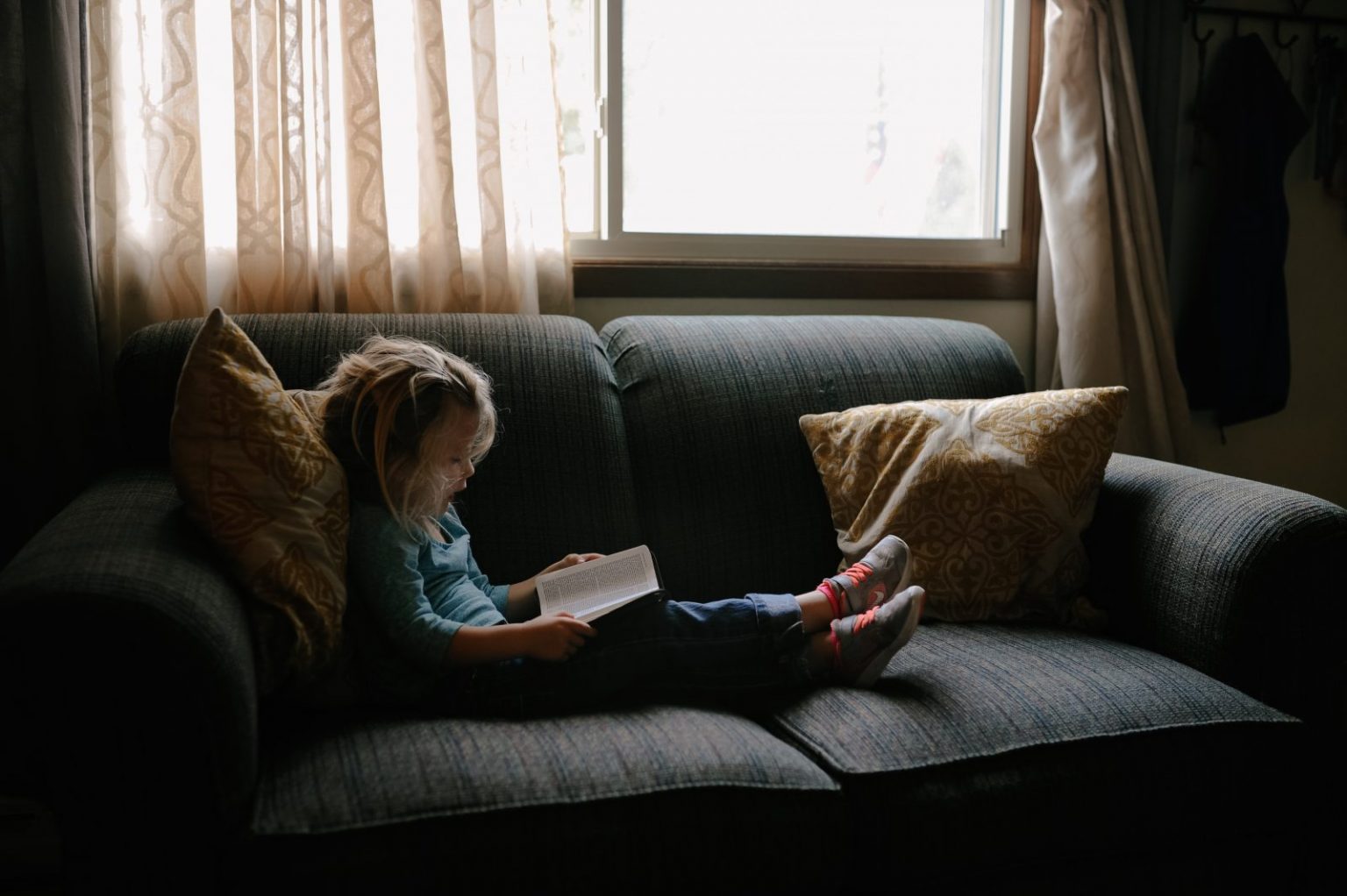England and Wales divorce rates are at an all time low since 1973, however divorce is still an issue heavily discussed in the media. It isn’t in any married couples plan to get divorced, so when it happens it can be stressful and devastating. And the effect isn’t limited to the couple.
For any child whose parents are divorcing, experiencing your family ripped in half can take its toll on a child’s mental health. If you’re seeking legal aid in your area, such as divorce law in London, we will explore how this can affect children, and how you can minimise damage.
Experiencing change
If the child is older or younger, the considerable levels of change that are going to occur within their lives is going to have significant effects. For a younger child progressing through their developmental years, having one parent moving out of the house can be confusing.
At a younger age, it is unclear as to ‘why mum or dad is no longer around all the time anymore’, and ‘when we go to do something, why are mum and dad not doing it together, with me?’.
Investigation into this shows that older children can deal with divorce easier than younger children. Despite this, they are the most likely to bear the brunt of the effect of change. The breakdown of a marriage could mean them moving to a new house, moving school, or no longer seeing one of their parents. It could also mean the family is less well-off financially.
This can affect your child’s life considerably, and their mental health. For example, in the past, your child may have been able to go away on a school trip each year with their friends, whether it be skiing or a pre-summer break.
When going through divorce, due to the fact that two mortgages are being paid, there is simply not enough money to foot the bill for the vast majority of ‘wants’ in life. This will irritate and upset a child who has grown accustomed to such a lifestyle.
Acting out
An important issue to remember is a lack of understanding. A failure to understand a situation can develop into frustration, and in many cases, this can result in anger.
Typically, with one parent absent, the consistent level of discipline that was once there has now been removed. Rather than dishing out punishment for bad behaviour, try to understand the position in which the child finds themselves.
Try to remember that they are currently going through a rollercoaster of emotions. Therefore, be patient and take into consideration the way you are acting around them.
Children notice what is said and done around them. So, if one parent is badmouthing another, they are likely to pick up on this and replicate it. Although the situation between both co-parents may be rather toxic, for the sake of the child’s emotional stability, communication is key. Monitoring behaviour around both parents, particularly if they are now living in different homes, is an effective way to quash any behavioural issues.
The need for stable education
It’s important to support a child’s mental health with a stable education. Research has discovered that children who grow up in a two-parent, married family are more likely to do better at school.
Children with a stable education are less disruptive in class, and less aggressive towards other classmates. In terms of their academic performance, children whose parents’ marriage is intact are more likely to do their work without being forced.
Research, meanwhile, drawn upon by the BBC in 2014 found that 65 per cent of children whose parents had divorced performed worse than expected in their GCSE results, while 44 per cent also insinuated they believe their A-Level results had suffered. Resolution, who conducted the research, proposed that the disruption of moving school could be at fault for the exam results.
It’s common for many parents to believe staying together is the best course of action of their children. However, forcing your children to live in an unhappy home will do more damage than good, so do what’s right for you, even if that means divorcing.
Sources
https://www.ourfamilywizard.co.uk/blog/behavioural-issues-children-after-divorce
https://www.verywellfamily.com/psychological-effects-of-divorce-on-kids-4140170
https://www.parents.com/parenting/relationships/should-i-stay-in-my-marriage-for-the-kids/

